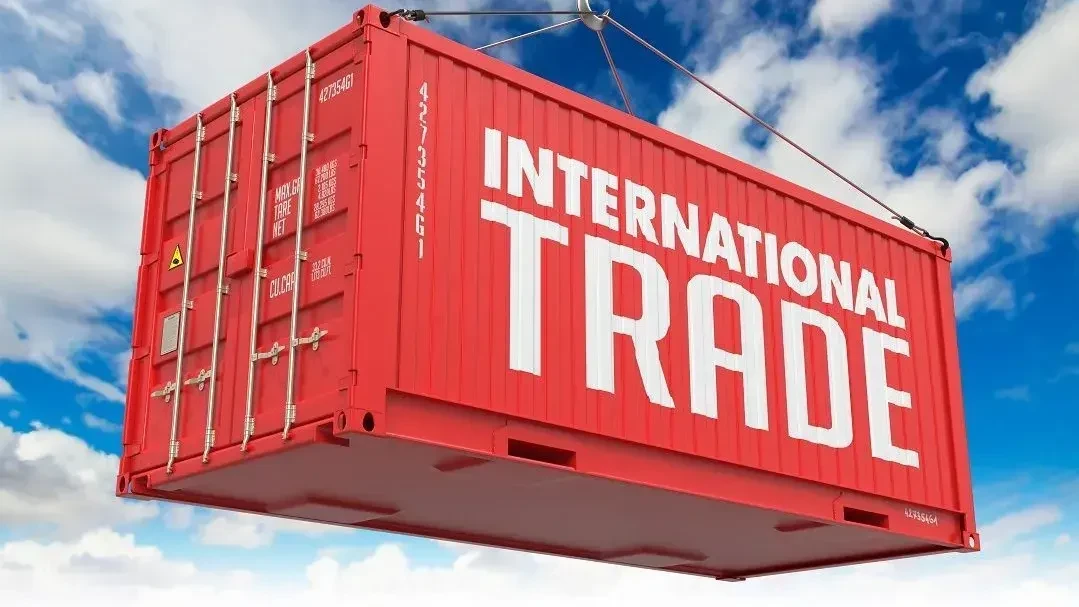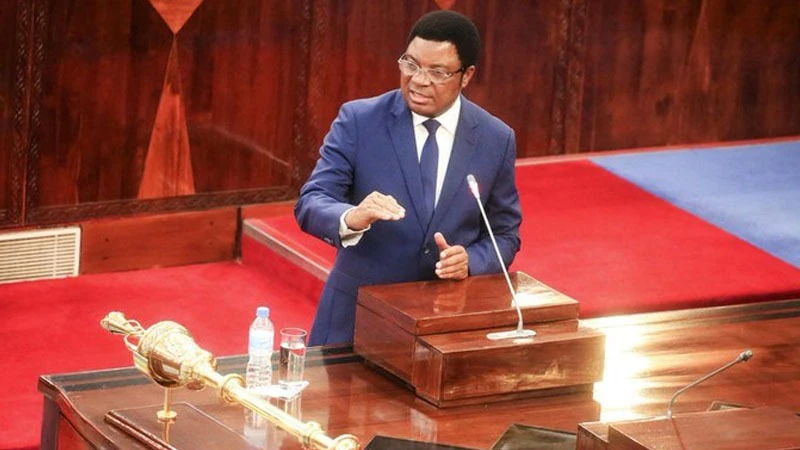Enhancement of formal sector works for inclusive insurance

BANKS and other participants in mobile money transactions are seeking to innovate in order to raise the level of insurance cover countrywide.
This was an issue being extensively examined at a meeting at the weekend, in marking this year’s Insurance Day, with a forum on inclusive insurance.
The meeting was chiefly examining how to ensure responsive products and distribution through technology.
The Tanzania Bankers Association (TBA), the keynote agency, proposed innovative strategies to expand the country’s inclusive insurance coverage. By inclusion it implies informal sector outreach.
Key participants included the Insurance Institute of Tanzania and the Tanzania Insurance Regulatory Authority, where TBA raised issues on transparent claims processes to build public trust in the insurance industry.
Bankers were emphatic that robust fraud and risk management systems are needed to support the sector’s growing digitisation, while auxiliary global survey results disclosed by the telecoms regulator placed Tanzania among the lowest states in cyber-crime incidents. Bravo!
How far the risks of cyber-fraud can be controlled is one thing, but efforts at strengthening compliance and reliability isn’t new. There was indeed a time when electronic passwords were becoming so routine that often youthful employees were organising internal rackets to hack people’s accounts.
It is hard to say that this mess has disappeared but definitely there has been a long wait since that sort of incident was last heard of. But then each of us hears just a few such exchanges of experience, so it would need a proper survey to give a conclusive report.
It is evident that the bankers and insurers had plenty to worry about, from cyber fraud to inclusive insurance all in one breath, as the two are closely linked.
Yet people do not take up insurance just because the banks or agencies are secure, but often only when they feel they need it, the main reason being expectation to conduct transactions within the formal sector.
The availability of paid-up insurance premiums is essential to someone to conduct debt-related transactions, as in the case of disasters it lessens the damage for all parties concerned.
The problem is with the vast portion of society where insurance has little to do with third party matters like evaluating assets and liabilities if disaster falls, but just good personal reassurance if misfortune occurs.
In addition, insurance is like a savings account, which has money if the holder is provided for in a satisfactory manner and doesn’t wish to misuse whatever remains.
Insurance is a long-term commitment much to the same effect, not in relation to how one will actually use it but in case dire need arises…
So far, bankers, insurers as well as facilitators among telecom service providers appear to be overly concerned with public awareness on what is available in that sphere, whereas the best way to pull far more people into insurance is expanding the formal sector.
When a thousand businesses spring up in, say, electricity services the way we have thousands of builders or mobile money transaction agents, insurance will push itself into the mind, with little in the way of a reminder.
The growth potentials of private ownership of the means of production is not adequately appreciated as yet, and many public officers use way too much time focusing on goodwill.
Top Headlines
© 2025 IPPMEDIA.COM. ALL RIGHTS RESERVED

















